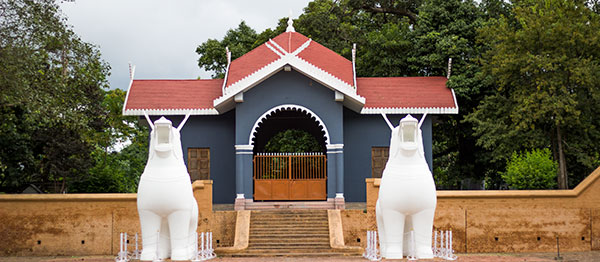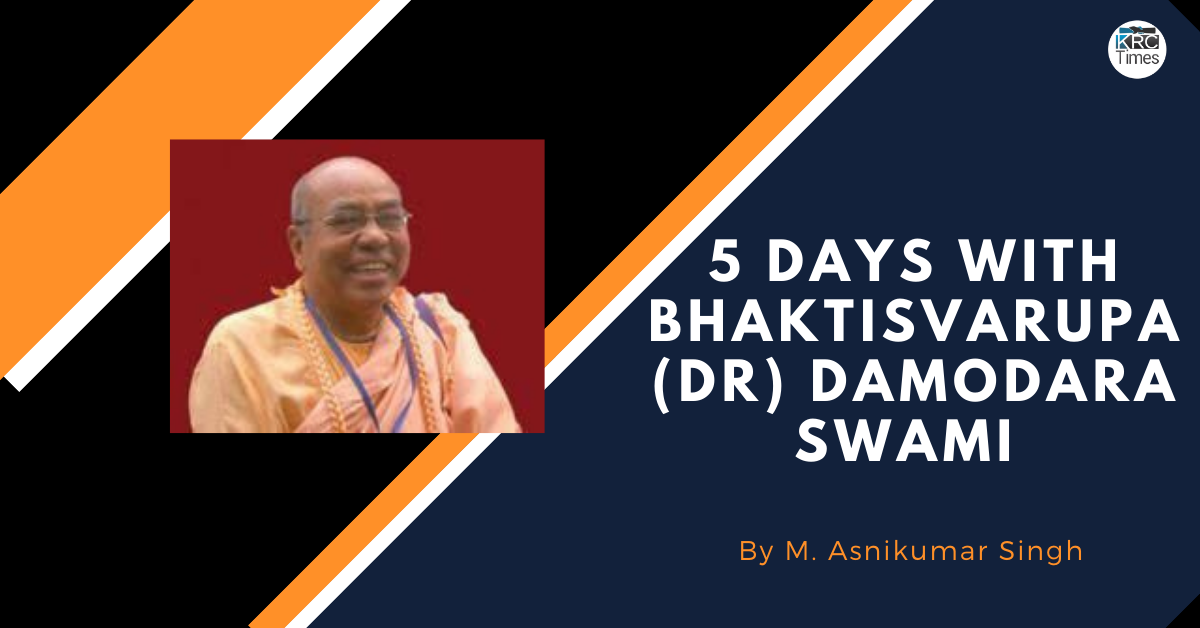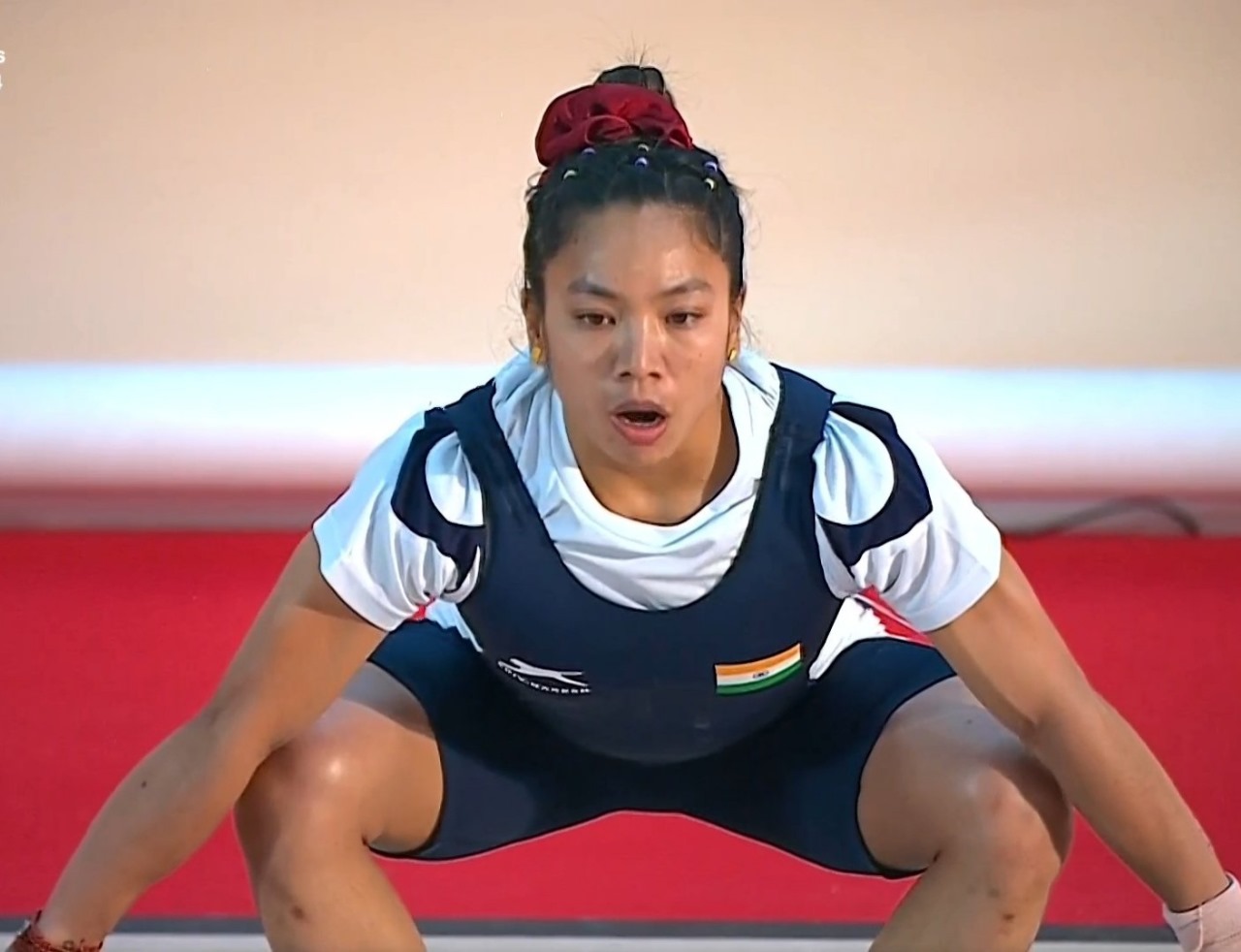KRC Times recently met a 29 year old Entrepreneur Elizabeth Yambem who has left a plump job working in the banks in UK and living her childhood dream.
 Mayanglambam Merina
Mayanglambam Merina

“Let’s meet over a cup of coffee!!!” these lines have become famous for some years. Most of the meeting, business transactions happen “over a cup of coffee” but are we missing something in between? Why we Indians are made of Coffee when we have our own “teas”.
The word “chai” has a bigger picture all over, it reminds of those unforgettable days spent with our families or even hostel mates where one use to brew the tea with mini emersion heater. Simply the tinge clear browny colour along with round shape bun use to be a big-time favourite for all those souls born between 80’s and ’90s.
KRC times recently met a 29 yr old entrepreneur Elizabeth Yambem who has left a plump job working in the banks in UK and living her childhood dream.

Yambem always had a passion for experimenting with fruits. Finally, this gave birth to Manipur’s own “Dwellers Tea”. KRC times caught up with Elizabeth Yambem. Excerpts :
1. Your full name, background, where did you do your schooling?
My name is Elizabeth Yambem. I did my schooling from Assam Valley School. Post-school, I pursued a degree in Accounting & Finance at the University of Warwick. After my undergraduate study, I joined an investment bank in London, and then moved to Singapore office, within finance and audit function. And with the help of company sponsorship, I obtained the chartered accountancy qualification (ICAEW) during my three years at the bank.
2. What triggered you to start Dweller’s Tea?
I wanted to give my childhood dream a chance. As a little girl, with my diary at hand, I would often dream about starting an initiative based on what we already have around us for joyful and sustainable livelihoods. Doing something about uplifting naturally grown, indigenous fruits and herbs clicked with me mainly because of the unique quality, traditional health benefits and the stories that are worth sharing. I grew up relishing them and couldn’t resist the temptation of joyfully promote, sipping in the convenient form of tea.
3. Why did you name it Dweller?
Dweller is someone who dwells or lives in a particular place, and I wanted a name that would remind Dweller’s focus – to promote the local strengths of the place we dwell in, offer unique quality products and strive for sustainable livelihood opportunities.
4. Could you mention some of your challenges while starting Dweller?
Every day is still a challenge, but when I look back, the first year of starting Dweller was the most challenging. My strategy was to spend most of my time on market linkage, and to source ingredients from the right sources and let the packaging be handled by the third party. However, the sample of ingredients did not match the final quality, and the packaging took a much longer time than planned. I ended up running around a lot, but there wasn’t much to show or sell. It was a depressing phase, but I am glad it happened because it was then I decided to start processing and packaging in-house for Dweller to maintain quality and come up with new innovations in an effective manner.
5. What are the flavours you have? How do you process it? Any upcoming flavours?
Dweller tea blends are based on indigenous fruits and herbs with traditional health benefits. Flavours include Hei-mang, Nong-mang-Kha, Lemongrass Ginger, Roselle (Red Sougri) and Indian Olive (Chorphon).
Technically, tea comes from the camellia sinensis plant, and when it comes to tea, we focus on the right sourcing. We make all our fruit and herbal flavours in-house. Starting from harvesting/ collection, processing (which mainly includes dehydration) to tastings and creating blends.
We’ve recently introduced indigenous Peruk flavour, also known as Indian Pennywort. We do have one upcoming flavour, however, we are refining it further, and should be able to share soon!

6. What was the reaction of people when you came out with this?
The reaction has been encouraging and positive. We also thank our reasonably good timing and the place we dwell in as our home market supports locally made products with love. It has been mainly word of mouth, which has helped us grow. While our flavours are considered exotic and healthy by customers outside of Manipur, our home market customers have their childhood memories to share with our flavours.
7. Why is the price of the tea flavours a bit expensive as compared to other green tea?
I’d say it’s mainly driven by the use of real, natural ingredients. I feel we tend to under-value our locally grown, naturally grown produces. With meaningful branding and quality production, a slight price premium could be justified and further help in sustaining quality livelihood opportunities.
8. What are the benefits of your teas? Could you please explain?
Benefits of some of the flavours are, take for example Nong-mang-Kha Ginger Green Tea – This blend is surprisingly smooth and soothing with a hint of medicinal feel. Nong-mang-Kha (Phlogacanthus pyriformis) is a traditional medicinal plant, consumed by the dwellers of Manipur as grandma’s home remedy for cold, cough and fever. It’s known to have antibacterial and antiviral properties.
Hei-mang Red Tea – Hei-mang (Rhus Chinensis) is a naturally grown, citrusy fruit of Manipur. Sipping Hei-mang brings back childhood memories of growing up in Manipur, especially of Grandma soaking (cold brew) Hei-mang overnight for refreshing sips the next day! Common names are Nutgall tree and Chinese sumac. Traditional herbal healers believe Hei-mang fruits are antioxidant, antiviral, antibacterial and digestive.

9. Was this your hobby to start such start up?
It’s my childhood dream to start a venture like Dweller. I grew up in Manipur with lively memories of playing sports with my neighbours and relishing local fruits with them. And I often questioned why I had to leave home at a young age for education, job and life. I felt it was mainly due to limited opportunities back home. But then I realised that we have so much naturally grown produce that tastes good and is healthy, I believe this is one of our unique local strengths. Dweller meant coming back home and using these strengths to create our own opportunities right here.
10. Any childhood story associated with your product?
The elders in my family would soak hei-mang overnight for refreshing sips the next day. This gave me the thought to find a way to conveniently prepare, and sip anytime and anywhere. With Dweller’s product, Hei-mang infusion bag can be infused in hot water for 2-3 minutes to enjoy the flavour and its benefits.
11. While stepping into business, was it difficult to start from scratch?
Yes, I was very excited and optimistic, even though I had no prior relevant experience. But I realised there can be a big mismatch between reality and what we have in mind. Starting from scratch meant moving out of comfort zone, changing lifestyle and constantly finding solutions to progress each day.
12. In your range of products traditional sweet puff rice products in strong, but what would you have for the diabetic patient if they want to have your tea what can they munch along with?
Best would be to have the tea on its own, with no additions. However, I’d suggest light foods so the subtle tea flavours can be tasted well.
13. Any comments from friends or family.
My friends were very supportive. They were Dweller’s first customers. They would send me online orders or visit the store to purchase. My good friend in Singapore once collected orders from many of our mutual friends there, and when she visited India, she took back a big carton filled with dweller teas!
My parents were initially worried for me, they did not want me to give up a good job in Singapore for something that didn’t exist yet. I understood their concerns due to risk and uncertainty involved, they wanted the best for their daughter. But I’m glad to have embarked on this journey! And to have received their support irrespective of the outcomes. It feels good that my family can now see a bright future ahead.






We are very lucky to have our new energetic entrepreneurs like Elizabeth Yambem.